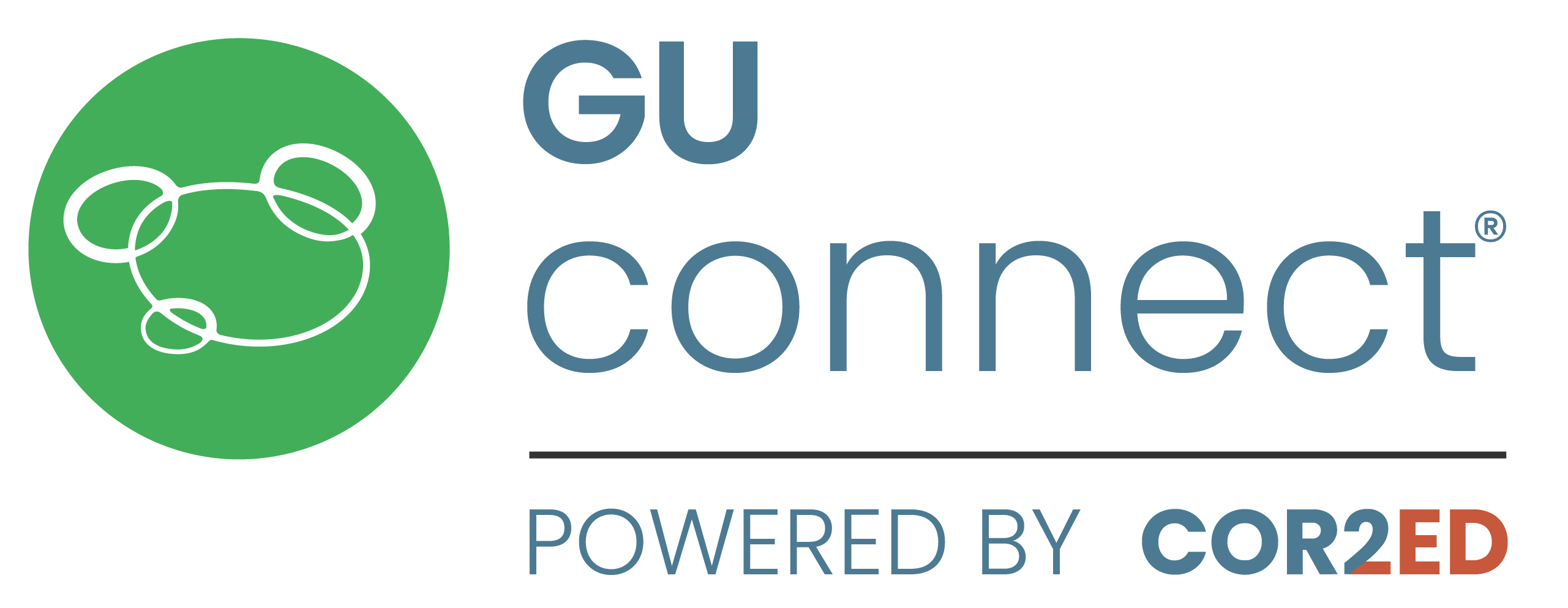Optimising treatment sequence for mCRPC after intensified therapy in mCSPC
Hello everyone and welcome to GU Connect.
I’m Neal Shore. I’m the Medical Director of Carolina Urologic Research Centre in South Carolina and the Chief Medical Officer for GenesisCare US for surgery and urology.
It’s a great pleasure to present today ‘Optimising treatment sequence for mCRPC after intensified therapy in mCSPC’.
The goal of this programme is to try and offer some learnings regarding the plethora of amazing level one evidence studies for both mCSPC which has now really changed dramatically the approach to our patients with either low or high volume, metastatic castration sensitive prostate cancer.
In effect, monotherapy ADT is no longer the standard of care.
I will review the combination studies of androgen receptor-targeted inhibitors as well as chemotherapy in conjunction with ADT, which makes me make that claim. And very importantly, how do we think about treatment sequencing, especially once patients become castration-resistant or mCRPC.
Factors affecting treatment sequence decisions
We now have an embarrassment of riches. There are 11 life-prolonging agents that have been approved by the FDA and are within NCCN guidelines. Now this can be confusing, and because there’s so much literature and there’s so much evidence to ponder, but frankly, it’s a great opportunity to optimise patient survival. Making the decision regarding the factors that we choose for sequencing involves the tumour burden, the tumour location, patient comorbidities, other potential polypharmacy drug-drug interactions, additionally, the importance of genomic profiling, and ultimately, even the opportunity to engage our patients to clinical trials.
Importance of selecting therapies with a novel mechanism of action
What’s really important is selecting therapies that have novel mechanisms of action, and not repeating one similar drug of a class of mechanism of action after another. Clearly patients do better when they go through this paradigm of sequencing different mechanisms of action for patients that are approved and where there’s level one evidence, of course, we have different issues regarding very active therapies regarding a radiopharmaceutical such as radium, prior or after docetaxel, so that will be addressed.
Most importantly, we’re still seeing so much monotherapy with ADT, I’ll present information on that as well, and why we must do better.
Potential Future Treatments
A little bit of a teaser at the end is the addition of theranostics, albeit not yet approved by any regulatory agencies recent level one evidence in the VISION trial has been discussed at ASCO 2021, so the life-prolonging agent list continues to grow.
Understanding how to best optimise patient care in mCSPC and mCRPC sequencing decision making is a challenge for all of us but it’s a great challenge to have as we continue to strive to prolong our patient survival with advanced prostate cancer, preserve their quality of life and prevent complications of therapy.
Thank you very much for listening. Please go to the GU CONNECT website where you can download all the slides of the presentation. Thank you very much.




 Downloadable
Downloadable  20 MIN
20 MIN
 Feb 2026
Feb 2026 








